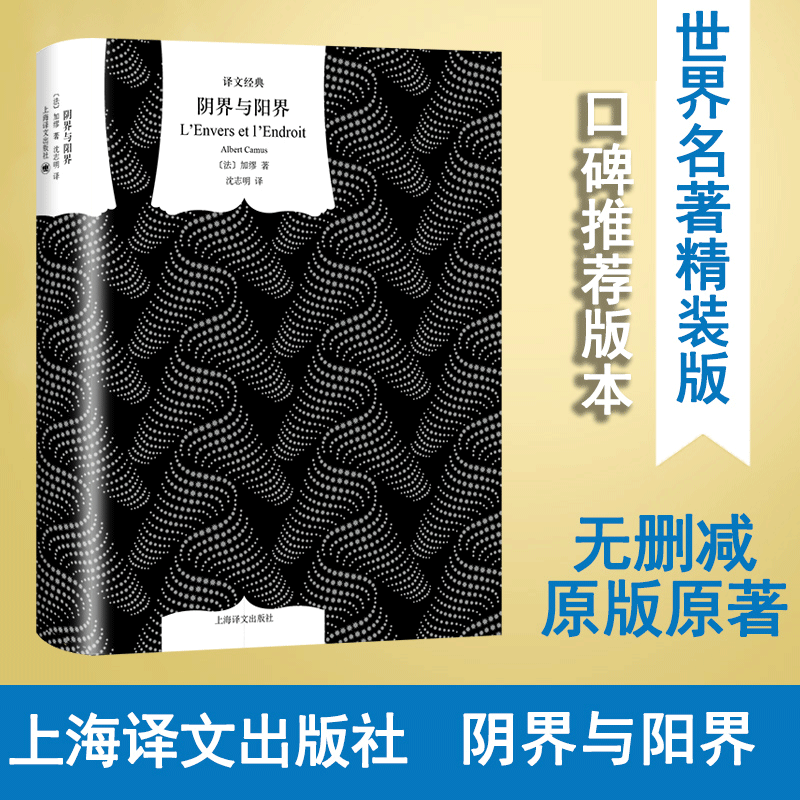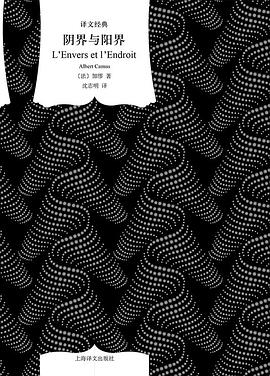WULOLIFE
《阴界与阳界》作者: [法] 加缪 上海译文出版社
《阴界与阳界》作者: [法] 加缪 上海译文出版社
Sale
Sold out
Regular price
€22,00 EUR
Regular price
Sale price
€22,00 EUR
Unit price
per
Tax included.
Shipping calculated at checkout.
Couldn't load pickup availability
Description
内容简介· · · · · ·
本书收集了加缪1933年至1939年创作的精华:《阴界与阳界》美文集、《良缘》美文集以及小说《幸福死亡》,主题全部围绕生与死的形而上大问题,所以把《阴界与阳界》作为书名。加缪认为“每个艺术家在心灵深处保留着一种独善其身的源泉,滋养着他一生的言行”,而初露锋芒之作的《阴界与阳界》中的四篇散文是加缪早年游记,他以诗情画意般的语言表达了对人生的感悟.《幸福死亡》是加缪的处女作小说,虽不十分成熟,但清晰地体现了加缪的哲学理念。
作者简介· · · · · ·
阿尔贝•加缪(1913—1960)是法国声名卓著的小说家、散文家和剧作家。1957年因“热情而冷静地阐明了当代向人类良知提出的种种问题”而获诺贝尔文学奖,是有史以来最年轻的诺奖获奖作家之一。
加缪在他的小说、戏剧、随笔和论著中深刻地揭示出人在异己的世界中的孤独、个人与自身的日益异化,以及罪恶和死亡的可避免,但他在揭示出世界的荒诞的同时却并不绝望和颓丧,他主张要在荒诞中奋起反抗,在绝望中坚持真理和正义,他为世人指出了一条宗教信仰和极权主义以外的自由人道主义道的大无畏精神使他在第二次世界大战之后不仅在法国,而且在欧洲并最成为他那一代人的代言人和下一代人的精神导师。

